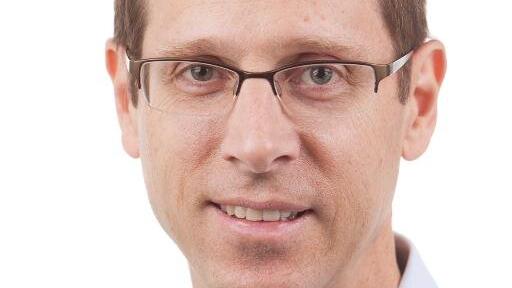In a letter accompanying Facebook’s initial public offering yesterday, CEO Mark Zuckerberg revealed the company’s software development culture, which it describes as the ‘Hacker Way’.
"The Hacker Way is an approach to building that involves continuous improvement and iteration," Zuckerberg wrote in the company’s S1 filing. "Hackers try to build the best services over the long term by quickly releasing and learning from smaller iterations rather than trying to get everything right all at once."
"To support this, we have built a testing framework that at any given time can try out thousands of versions of Facebook," he revealed. "We have the words “Done is better than perfect” painted on our walls to remind ourselves to always keep shipping."
Zuckerberg said that rather that debating the merits of new ideas, the company encourages its developers to build and test prototypes. "There’s a hacker mantra that you’ll hear a lot around Facebook offices: ‘Code wins arguments.’"
Many of the company’s most successful innovations, including its mobile development frameworks and PHP compiler HipHop, were the result of its regular ‘hackathons’, in which employees get together to build new prototypes, he wrote.
"We require all new engineers — even managers whose primary job will not be to write code — to go through a program called Bootcamp where they learn our codebase, our tools and our approach," Zuckerberg revealed. "There are a lot of folks in the industry who manage engineers and don’t want to code themselves, but the type of hands-on people we’re looking for are willing and able to go through Bootcamp.
However, the S1 also identified this culture as one of the ‘risk factors’ that may endanger Facebook’s business in future.
"As our business grows and becomes more complex, our cultural emphasis on moving quickly may result in unintended outcomes or decisions that are poorly received by users, developers, or advertiser," it says. "We frequently make product decisions that may reduce our short-term revenue or profitability if we believe that the decisions are consistent with our mission and benefit the aggregate user experience and will thereby improve our financial performance over the long term.
"These decisions may not produce the long-term benefits that we expect, in which case our user growth and engagement, our relationships with developers and advertisers, and our business and results of operations could be harmed."
Other risks factors identified in the S1 include ongoing disputes over intellectual property, its reliance on social network gaming company Zynga, and the complexity of the world’s data protection laws.
"A revision to the 1995 European Union Data Protection Directive is currently being considered by European legislative bodies that may include more stringent operational requirements for data processors and significant penalties for non-compliance," it says. "These existing and proposed laws and regulations can be costly to comply with and can … result in negative publicity … and subject us to claims or other remedies, including fines or demands that we modify or cease existing business practices."
The S1 revealed that Facebook generated $3.7 billion in revenue during 2011 and was highly profitable, with net income of $1 billion. Most of the company’s revenue comes from advertising, while 12% comes from Zynga.
The company hopes to raise $5 billion when it launches on either the New York Stock Exhange or NASDAQ.







